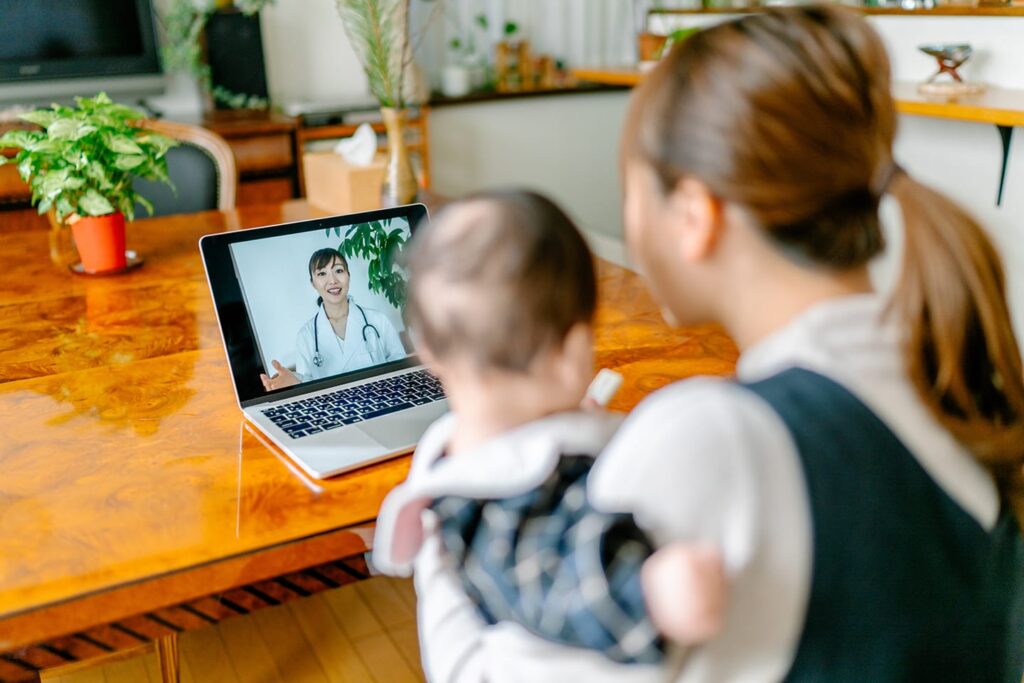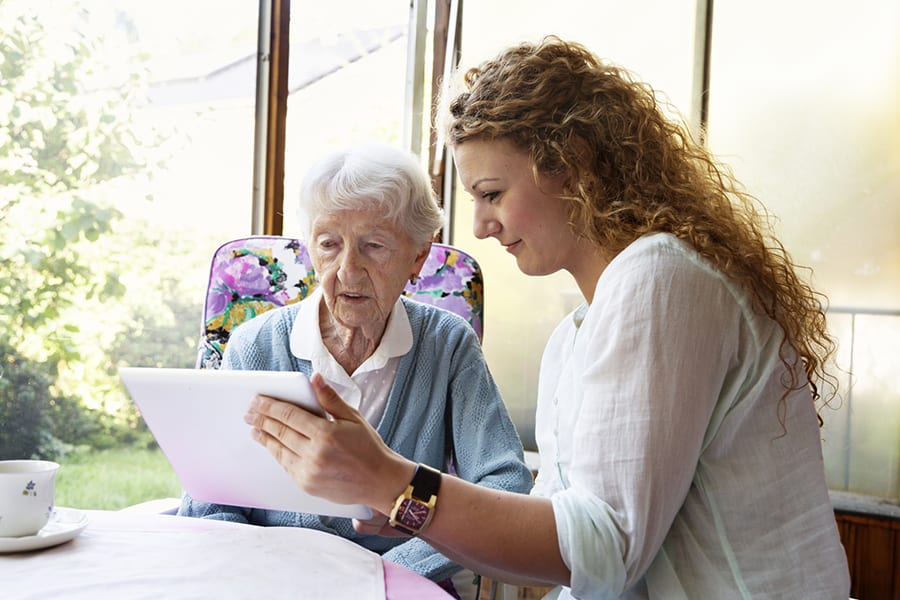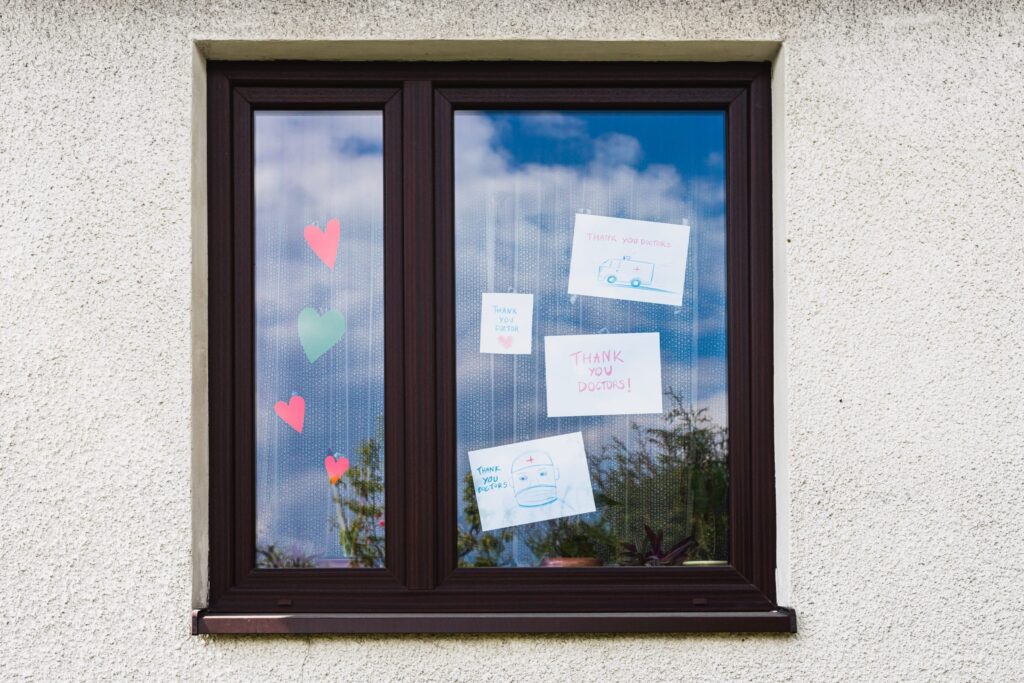
Dr. Jan Berger is a tri-sector healthcare executive with a background in public, private and government sectors. In 2009, she helped found Health Intelligence Partners, a global healthcare consultancy. Below, Dr. Berger shares her thoughts on how healthcare will change after COVID-19.
By Jan Berger, MD, MJ, Medecision Advisory Board Chair
The only people who like change are babies in dirty diapers. Change leaves us feeling vulnerable and uncertain and often questioning, “What’s my role?” It makes us feel off balance.
But change is also inevitable. And right now, with our world in crisis, we’re experiencing lots of changes in our healthcare system—and many of which may follow us post-crisis. Here’s where I think we’ll see differences moving forward.
- Greater reliance on telemedicine. Look at the increase in telehealth usage in the United States since the start of this pandemic. Before the pandemic, few people had ever heard of telemedicine, let alone utilized it. Now, many healthcare providers and systems are reporting a drastic increase in utilization.In fact, just recently, I spoke with two hospital CEOs who separately shared their stories of telehealth. Both hospitals included telemedicine capabilities in their five-year plan, but when COVID-19 caused the industry to shift gears, they got their programs up and running. One CEO had his hospital using telemedicine within three days, while the other only took a week to implement virtual health visits and train more than 1,000 providers. Telemedicine is just one example of ways that healthcare organizations have had to reevaluate their plans because of this new world order.
- More focus on social services. I think, moving forward, that we’re also going to see more attention directed toward social services at the intersection of health and social determinants of health. Social distancing brought food challenges for us all, as we tried to determine what to eat, when to go to the grocery store, and what Instacart does or does not deliver. But an estimated 41 million Americans face hunger and food insecurity without a pandemic. There are more than 500,000 people experiencing homelessness on any given night, according to the National Alliance to End Homelessness. These factors, among other social determinants, obviously play a role in a person’s health. I think we’ll see a shift toward person-centric healthcare and looking at the whole person, including their socioeconomic status and challenges.
- Resilience in mental health. If we’ve ever needed to be resilient, it’s now. I think we’ll have to take a close look at the long-term impact of this crisis on mental health. Specifically, I believe this unprecedented time will teach us more about the impact that depression, anxiety and resiliency have on people’s overall health.
- Changing how we think about public health. Public health has never taken a front seat like this. I don’t know about you, but I need a new hand-washing song other than “Happy Birthday.” Take a look back to 9/11. Prior to 9/11, many of us carried Swiss Army knives in our backpacks or briefcases, just because they were a useful tool to have on hand. However, after 9/11, that practice became almost obsolete because of security issues. It’s going to be interesting to see what else becomes obsolete after this pandemic. For example, many people believe that handshaking will become an antiquated act, as it can more quickly spread germs.
- Data and analytics will be more important. There are more than 70 vaccines for COVID-19 going through trials right now, and that would not be possible without sophisticated data and analytics. We’ll also be looking at new sources of data. Though we often use claims data as the basis of subpopulations or segmenting our populations, what we’re learning through COVID-19 is that other pieces of information will be very important to obtain as we go forward and support people in a trusted and effective way. For instance, think of people you know who may be isolated or living alone. Most health plans can’t tell you who lives alone, who has support systems or who has access to food. Having this kind of information can make a significant difference in how we care for people. One chief information officer was recently quoted as saying, “We’re literally saving people’s lives thanks to data today. We were able to move conversation to action by having the right data at the right time.”
Want to hear more? Check out Dr. Berger’s podcast episode on population health during and after COVID-19.



About The Author: Jan Berger, MD, MJ
Dr. Jan Berger is a tri-sector healthcare executive with proven results in private, public and government services over the last 30 years. In 2009, Jan founded Health Intelligence Partners, a global health care consultancy. She previously served as Senior Vice President, Chief Clinical Officer and Innovation Officer for CVS Health/Caremark, and is an assistant professor at Northwestern University School of Medicine and School of Communication. Jan serves on Medecision's Advisory Board, and sits on the boards of Cambia Health Solutions, GNS Healthcare, Tabula Rasa, Accent Care, UCB Pharmaceuticals and Voluntis Health Care.
More posts by Jan Berger, MD, MJ